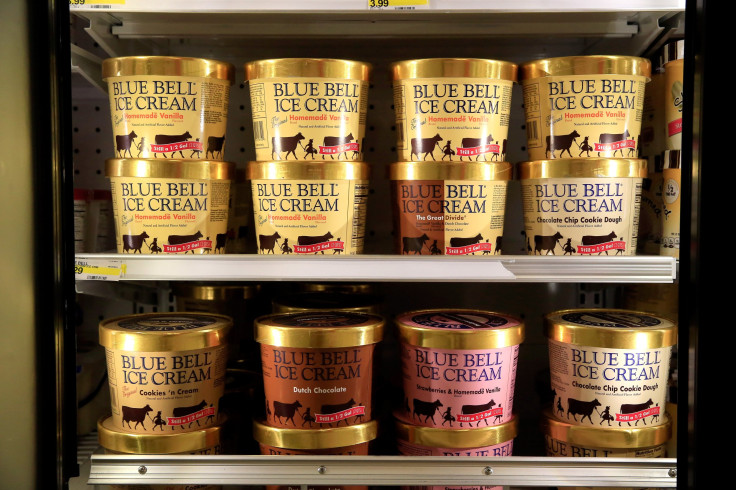Why Ice Cream Maker Blue Bell Was Ordered To Pay A $17.25 Million Criminal Penalty
Ice Cream maker Blue Bell has been ordered to pay $17.25 million – the largest criminal penalty ever issued in a food safety case - after a 2015 Listeria outbreak contaminated its products.
Blue Bell, which pleaded guilty in May to two misdemeanor counts for distributing contaminated ice cream products, was accused of manufacturing its ice cream in unsanitary conditions that caused them to be contaminated with Listeria - a violation of the Food, Drug, and Cosmetic Act.
The Department of Justice said that it notified Blue Bell in February 2015 that samples of two of its ice cream products produced at the company’s Brenham, Texas, facility tested positive for Listeria. While Blue Bell directed its delivery drivers to remove the ice cream from store shelves, a recall of the products was not issued.
Two weeks later, Texas officials notified Blue Bell that a third product tested positive for Listeria. Again, no recall or notification was made to consumers by the company, the Justice Department said.
In March 2015, the Food and Drug Administration and the Centers for Disease Control and Prevention linked a Listeria outbreak to one of Blue Bell’s ice cream products. The outbreak led to five people being hospitalized with Listeria, which can lead to serious illness or death for those that are pregnant, elderly, have compromised immune systems, or are newborns.
At this time, Blue Bell issued a recall of the ice cream.
More testing of Blue Bell’s ice cream revealed that additional products were contaminated with Listeria from its Broken Arrow, Oklahoma, facility. Another recall was issued for the ice cream by Blue Bell.
An inspection of Blue Bell’s plants by the FDA revealed that there were sanitation issues at both its Brenham and Broken Arrow facilities. This included problems with the hot water supply that would be used for cleaning equipment. Water was also dripping into the product mixes during production.
All of Blue Bell’s plants were temporarily closed in April of that year for cleaning and updating.
The company has since taken the necessary steps to ensure sanitization protocols are being followed, and its products are tested for Listeria prior to shipment.
“American consumers must be able to trust that the foods they purchase are safe to eat,” Acting Assistant Attorney General Jeffrey Bossert Clark of the Justice Department’s Civil Division said in a statement. “The sentence imposed today sends a clear message to food manufacturers that the Department of Justice will take appropriate actions when contaminated food products endanger consumers.”

© Copyright IBTimes 2024. All rights reserved.




















